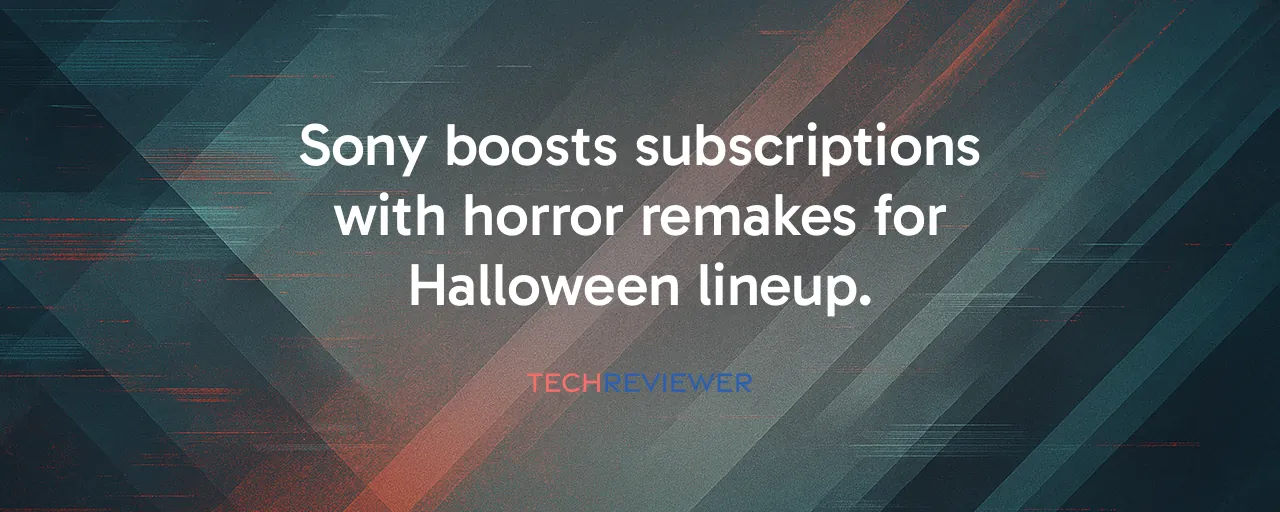A Spooky Strategy for Subscriber Growth
Sony Interactive Entertainment knows how to set the mood. With Halloween approaching, PlayStation Plus rolled out a chilling lineup for October 2025, featuring remakes of Silent Hill 2 and Until Dawn, alongside As Dusk Falls and V Rising for Extra tier subscribers. Premium members also gain access to classics like Tekken 3 and Tomb Raider: Anniversary. This carefully curated selection, announced on October 15, 2025, taps into the seasonal thrill of horror while showcasing Sony's knack for leveraging subscription services to keep players hooked. The move highlights a broader trend: platform holders using high-profile games to drive engagement and expand their subscriber base, which hit 51.6 million in early 2025.
The timing feels deliberate. Silent Hill 2, rebuilt by Bloober Team, and Until Dawn, reimagined by Ballistic Moon, both launched in October 2024, making their PlayStation Plus debut just shy of their one-year anniversary. By offering these premium titles, originally priced at $70 each, Sony delivers significant value to subscribers while extending the commercial life of these games. It's a win for players who skipped the initial purchase, but it also raises questions about the long-term impact on game sales and developer sustainability.
Remakes as a Double-Edged Sword
The inclusion of Silent Hill 2 and Until Dawn underscores the growing prominence of game remakes. Silent Hill 2, with its haunting atmosphere enhanced by modern visuals and audio, earned an Overwhelmingly Positive rating on Steam with over 25,000 reviews and sold two million copies by January 2025. Until Dawn, rebuilt in Unreal Engine 5 with a new third-person camera and expanded narrative, also garnered critical praise. Yet, these technical triumphs come with a catch. Ballistic Moon, the studio behind Until Dawn's remake, reportedly faced closure in March 2025, despite delivering a polished product. This contrast reveals a harsh reality: remakes, while commercially safer, don't always secure a studio's future, especially when they don't own the intellectual property.
Comparing the two titles offers insight. Silent Hill 2's success stems from Konami's strategic revival of a dormant franchise, balancing nostalgia with modern enhancements like improved lighting and character models. Until Dawn, however, sparked debate with its camera shift, which some players felt diluted the original's cinematic tension. Both games showcase how remakes can breathe new life into classics, but they also highlight risks. Developers must navigate fan expectations, preserve core gameplay, and justify hefty budgets of $15 to $50 million while facing uncertain long-term rewards.
Subscription Services Redefine Game Access
PlayStation Plus's growth to 51.6 million subscribers, with 38 percent opting for Extra or Premium tiers, reflects a seismic shift in how players access games. The service's tiered model, Essential for basics, Extra for a vast catalog, and Premium for classics and cloud streaming, caters to diverse player needs. Horror fans benefit from affordable access to high-profile titles, while cloud streaming lets those with modest hardware dive into demanding games. Yet, subscribers face trade-offs. Games rotate out, creating urgency to finish titles before they vanish, and the $160 annual Premium tier price tests consumer budgets, especially after 2023's price hikes.
Sony's competitors, like Microsoft's Xbox Game Pass with 37 million subscribers, follow similar strategies, using seasonal curation to boost engagement. V Rising's inclusion, for instance, shows how subscription services amplify multiplayer games by expanding their player base. However, critics argue that the remake-heavy focus risks creative stagnation, as publishers prioritize familiar franchises over bold new ideas. Players also grapple with subscription fatigue, juggling multiple services across gaming, video, and music, which can strain wallets and patience.
Lessons From Silent Hill 2 and Until Dawn
Silent Hill 2 and Until Dawn offer contrasting lessons in the remake and subscription era. Silent Hill 2's trajectory shows how a well-executed remake can reignite a franchise, with Konami using PlayStation Plus to maintain momentum after strong sales. The game's success proves remakes can appeal to both nostalgic fans and new players, especially when paired with subscription access. Conversely, Until Dawn's story is a cautionary tale. Ballistic Moon's closure highlights the precarious economics of remake-focused studios, which invest heavily but lack control over future revenue streams or franchise rights.
These cases reveal broader industry truths. Subscription services like PlayStation Plus thrive by offering value and variety, but they shift power to platform holders who control curation and terms. Developers face pressure to deliver polished remakes under tight budgets, while subscribers navigate impermanent access. As Sony continues to refine its strategy, balancing player expectations, developer sustainability, and platform growth will shape the future of gaming's subscription-driven landscape.
